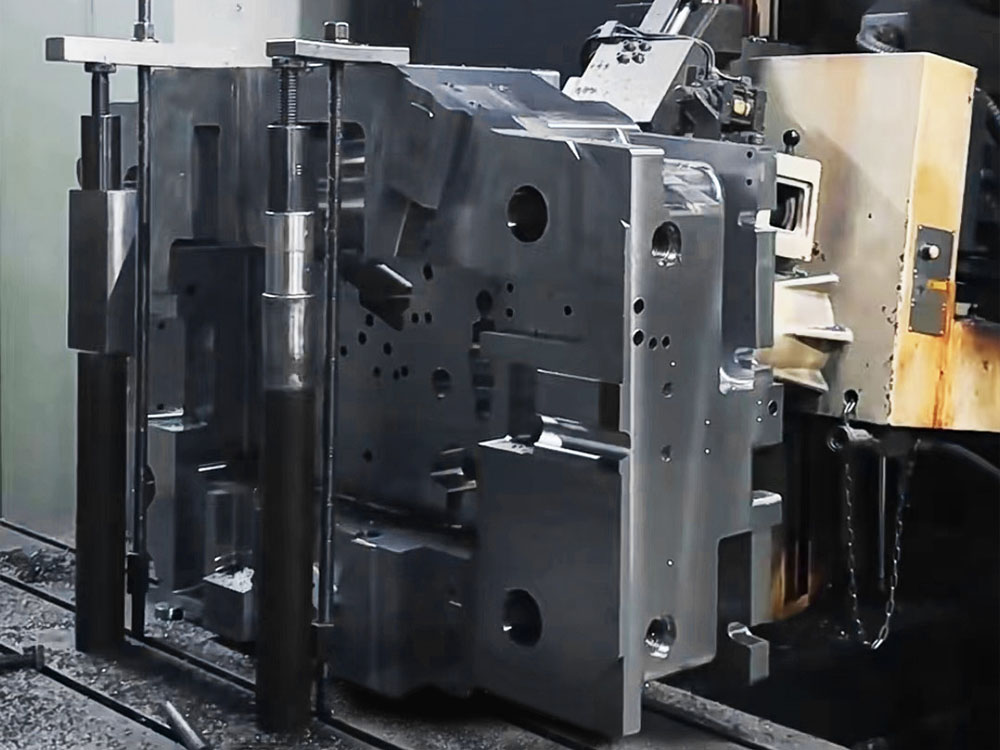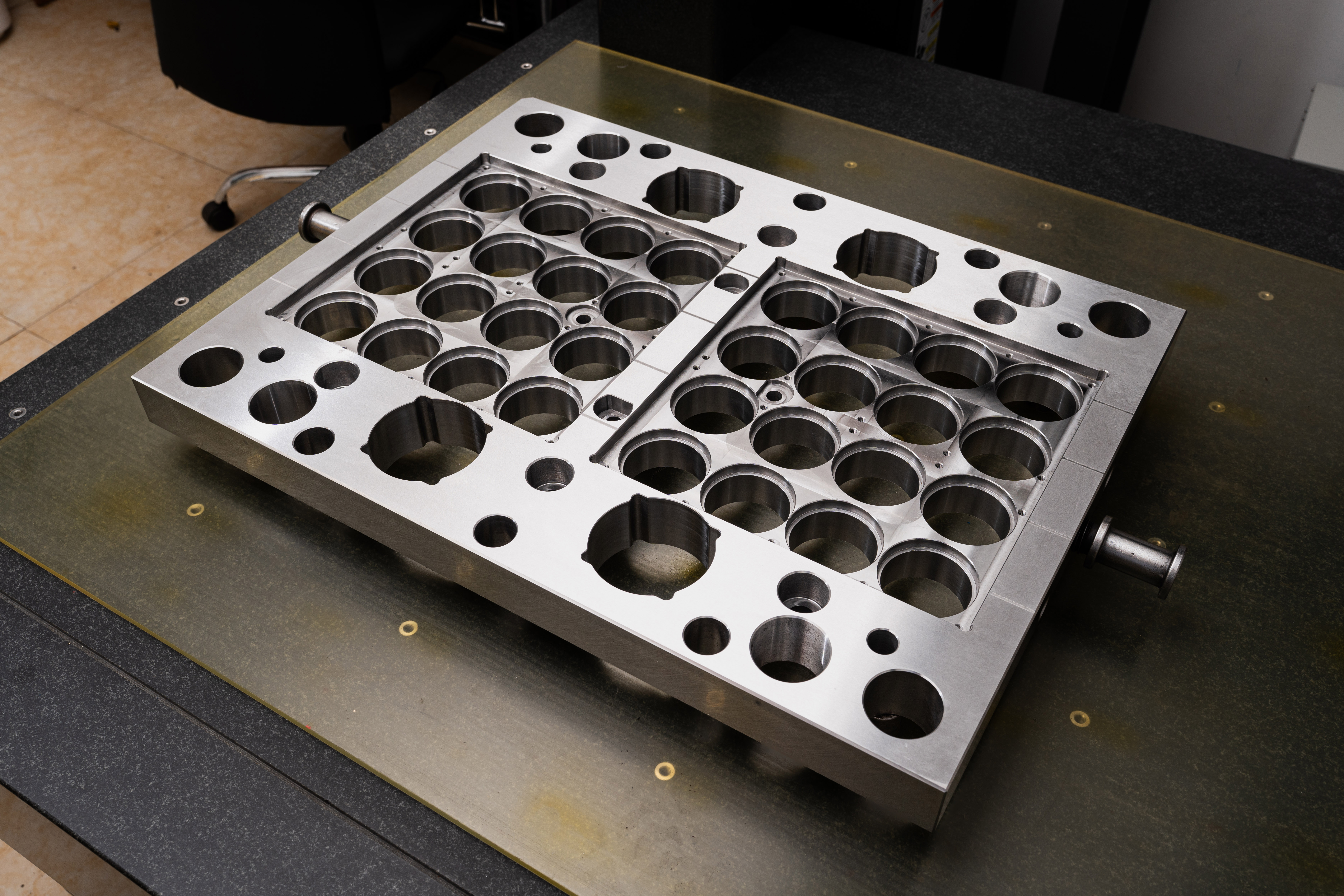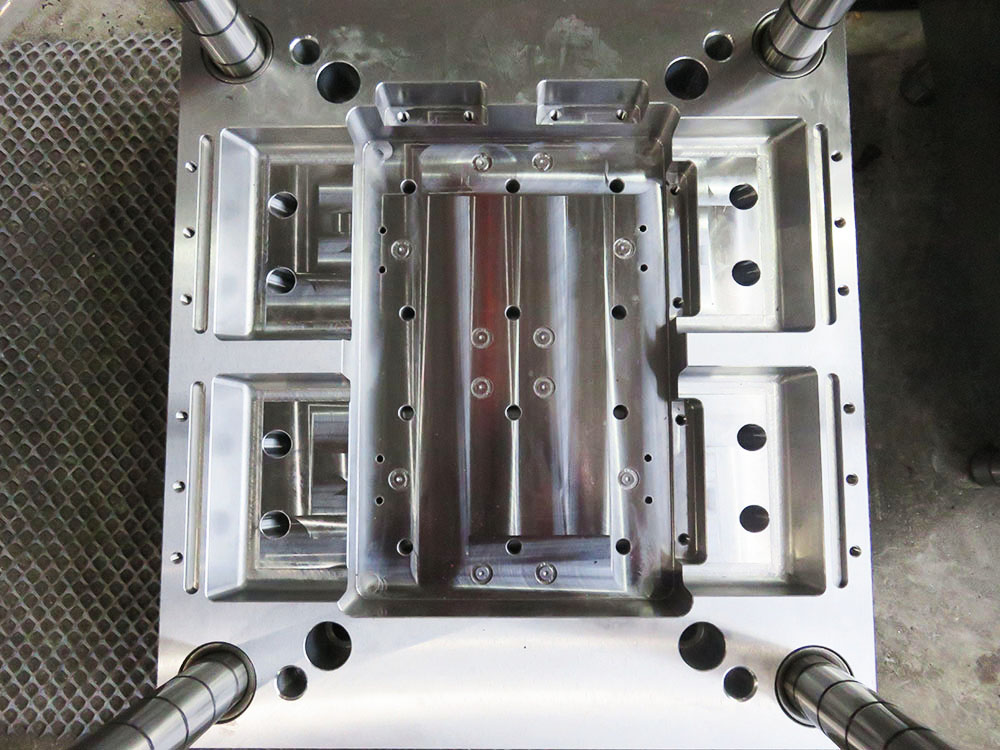Evaluation of Tool Processing by Mold Workshop
The mold base industry plays a crucial role in the manufacturing sector, providing the foundation for the production of various molded components and products. One of the key aspects that determines the success of mold base production is the evaluation of tool processing by mold workshops. This evaluation process ensures the quality, efficiency, and accuracy of the tools used in mold production. In this article, we will explore the importance of evaluating tool processing in the mold base industry.
1. Quality Assurance: Evaluation of tool processing is essential to ensure the quality of mold bases. The accuracy and precision of the tools used directly impact the final product's quality. By evaluating the tool processing, mold workshops can identify any defects or deviations in the tool's specifications. This evaluation helps in detecting potential issues beforehand and taking corrective actions to deliver high-quality mold bases.
2. Efficiency Enhancement: Tool processing evaluation also helps in enhancing the efficiency of mold base production. By analyzing the tool processing techniques, mold workshops can identify areas where improvements can be made to increase productivity and reduce production time. Evaluating the tool processing can help identify bottlenecks and streamline the production process, leading to improved efficiency and cost-effectiveness.
3. Error Minimization: Mistakes in tool processing can lead to errors in the mold base production process. Evaluation of tool processing allows mold workshops to identify potential sources of errors and take proactive measures to minimize them. By conducting a thorough evaluation, workshops can identify and rectify mistakes in tool machining, material selection, or assembly, ensuring a higher level of accuracy in the final product.
4. Cost Control: Evaluating tool processing also helps in controlling costs associated with mold base production. By identifying any unnecessary or excessive steps in tool processing, workshops can optimize the production process and reduce material wastage. Evaluating the tool processing can also help in identifying cost-effective alternatives without compromising the quality or functionality of the mold bases.
5. Continuous Improvement: The evaluation of tool processing in mold workshops enables continuous improvement in the production process. By constantly analyzing and evaluating the tool processing techniques and methodologies, workshops can identify areas for improvement and implement innovative solutions. This continuous improvement approach ensures that mold workshops stay updated with the latest industry trends and technologies, leading to better quality and more efficient mold bases.
In conclusion, the evaluation of tool processing by mold workshops has significant importance in the mold base industry. It ensures the quality, efficiency, accuracy, and cost-effectiveness of mold base production. By conducting thorough evaluations, workshops can minimize errors, enhance efficiency, control costs, and drive continuous improvement. The evaluation process acts as a quality assurance mechanism and helps in delivering high-quality mold bases to meet the demands of various manufacturing sectors.




